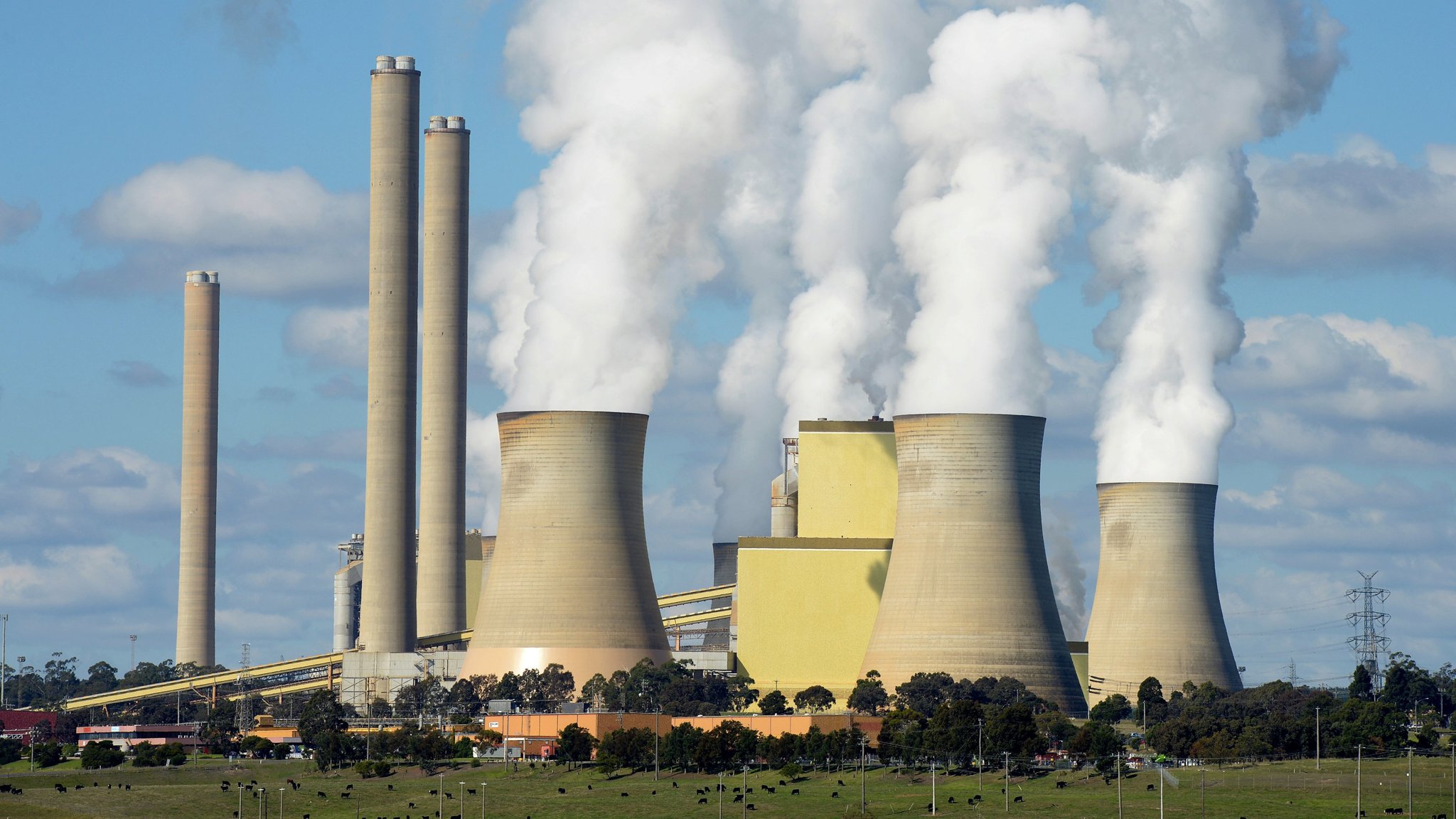A definitive feasibility study (DFS) on Benga power plant project in Mozambique has been completed ahead of schedule, and the final review is in progress. Multi-Asset energy company Kibo Energy announced the reports.
“We are encouraged by the rapid progress of the Benga project, as well as the quality work performed by the project team and consultants,” Kibo CEO Louis Coetzee.
Also Read:Zimbabwe to construct 2000MW thermal power station
The Benga project
The Benga project entails the proposed construction and operation of a 150 MW to 300 MW coal-fired power station with feedstock provided by regional coal producers. According to the energy company, negotiation of coal purchase agreements with coal producers are at an advanced stage, with a fully developed term sheet with one producer currently under review.
“The fact that we are already discussing commercial power offtake and being able to progressively integrate the outcomes with the technical work of the DFS, allows us to align the power station design accurately with offtakers’ requirements,” said Louis Coetzee.
Moreover, the assessment of integration of renewable technologies at the project is being conducted. Kibo is investigating the practical integration of renewable energy and associated technologies within the future Benga power station. It is considering the potential use of solar energy, combined with energy storage solutions, as an integrated solution for power back-up.
“The integration of renewable technologies is an exciting add-on to the project. We are confident that this, combined with Kibo’s focus on clean-burning coal-fired power generation, will put the company at the forefront of development in this regard,” said Coetzee.
Kibo which owns 65% of the project are currently advancing the development of the plant project together with Mozambique energy company, Termoeléctrica de Benga S.A.
This is a significant capital investment in Mozambique, which has seen several advancements in the electrical grid over the last few years. This naturally drives capital investment in other projects such as roads, railways and capital goods like diesel powered generators as the reliability of the electric supply improves.
These investments help to dive all aspects of the economy and provide additional employment for people in all areas such as repairing diesel generators , maintaining roads and other fixed critical infrastructure.
The huge upfront cost of importing capital goods to support such projects, such as the engines (like . Cummins Engines , Engines Perkins and Engines Baudouin ) or construction mobile generators puts strain on the fiscal balance of the country, but ultimately will pay huge dividends. Not least in the fact that the diesel powered generators will not be required in the current volumes.

Leave a Reply